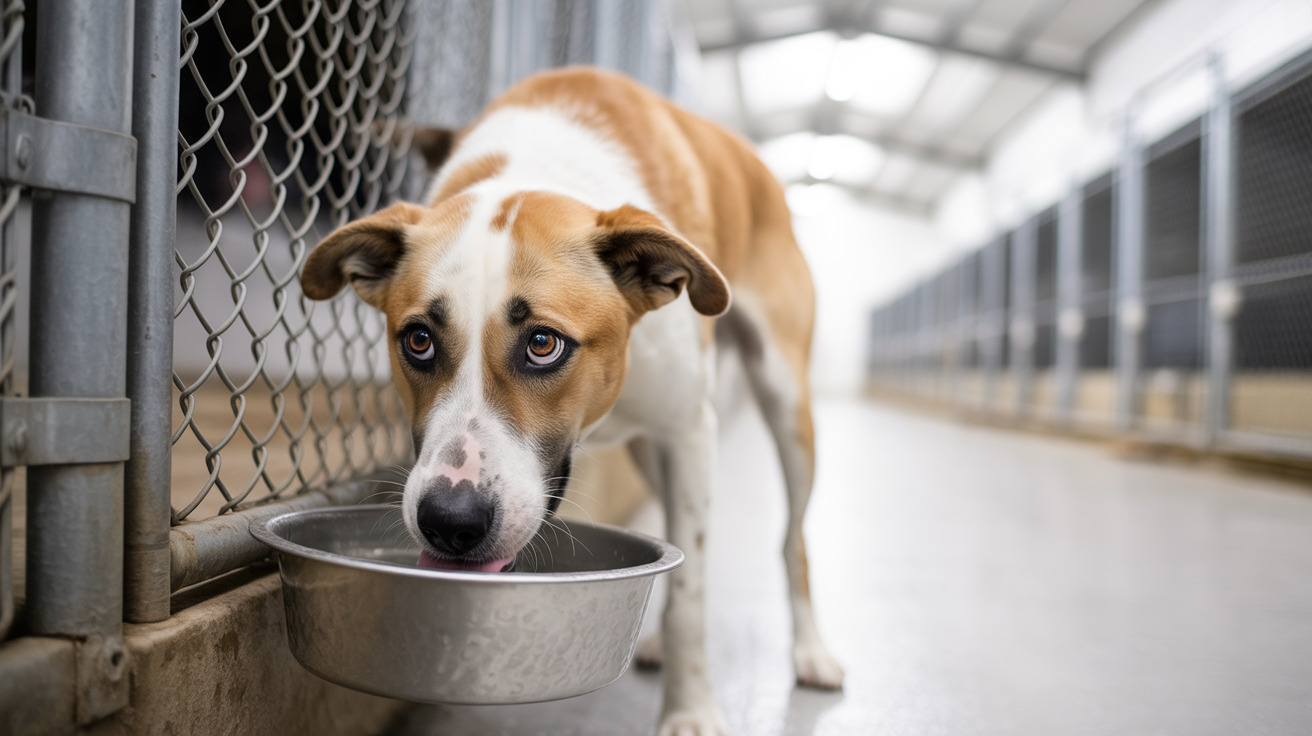Can Dogs Eat Hot Dogs? What You Need to Know
Hot dogs might be a classic favorite at barbecues and ballparks, but are they safe for your furry friend? While dogs may eagerly beg for a bite of this juicy treat,
hot dogs are not a good choice for canine consumption. Much like pickles, which are processed with high levels of sodium and sometimes harmful additives, hot dogs come with similar risks.
Why Hot Dogs Are Problematic for Dogs
Hot dogs are highly processed meats typically made from beef, pork, chicken, or turkey, and contain a wide range of preservatives and seasonings that can be hazardous to dogs. Here are several key concerns:
- High Sodium Content: Similar to pickles, hot dogs are packed with salt. A single hot dog can contain more sodium than a dog should consume in an entire day. Excess sodium can lead to dehydration, high blood pressure, and even salt toxicity in severe cases.
- Fat and Calorie Density: Hot dogs are rich in fat and calories. Overconsumption can promote obesity, pancreatitis, and other weight-related health issues.
- Harmful Additives: Many hot dogs contain garlic and onion powder, both of which are toxic to dogs. These ingredients can damage red blood cells and result in anemia.
- Artificial Preservatives: Ingredients like sodium nitrate and sodium nitrite used in preservation can have toxic effects on dogs over time.
- Choking Hazard: Whole or large chunks of hot dogs can pose a serious choking risk, especially for small dogs or those that gulp food.
Symptoms to Watch For If Your Dog Eats a Hot Dog
If your dog accidentally eats a hot dog, monitor them closely for the following symptoms:
- Excessive thirst or urination
- Vomiting or diarrhea
- Lethargy or weakness
- Loss of coordination (ataxia)
- Tremors or seizures (in extreme cases)
If your dog shows any of these signs,
contact your veterinarian immediately.
Are Any Hot Dogs Safe for Dogs?
While it’s best to
avoid feeding hot dogs altogether, some occasional indulgence in a plain, unseasoned, low-sodium variety may be less harmful—provided they are cut into small, manageable pieces. However, always check the ingredient list to ensure there are no potentially toxic substances like garlic, onion, or artificial sweeteners.
Better and Safer Alternatives
If you’re looking to treat your dog with a snack they’ll love and that supports their health, consider these alternatives to hot dogs:
- Cooked, unseasoned lean meats (like chicken or turkey)
- Raw vegetables: carrots, celery, green beans
- Fruits: blueberries, apple slices (without seeds), bananas
- Commercial dog treats: ideally those formulated for their dietary needs
Remember to offer all treats in moderation. Treats should account for
no more than 10% of your dog’s daily caloric intake.
What to Do If Your Dog Eats a Hot Dog
If your dog eats a hot dog:
- Determine how much they ate and check the ingredient label.
- Note the presence of harmful substances such as onion or garlic powder.
- Watch for any unusual symptoms.
- Call your vet for guidance, especially if your dog has underlying health conditions like heart disease, kidney problems, or obesity.
Do
not attempt to induce vomiting unless specifically instructed by a professional, as doing so improperly can cause more harm.
Conclusion: Do Not Give Hot Dogs to Dogs
Though dogs may be tempted by the smell of a sizzling hot dog,
resist the urge to share. The risks—ranging from high sodium and fat content to toxic additives—are too great. If you want to include your pup in your next cookout, opt for plain cooked meats or dog-safe veggies instead.
A healthy diet is crucial for your dog’s long-term well-being. Always check with your vet before introducing new foods, and focus on treats that are both tasty and safe.





